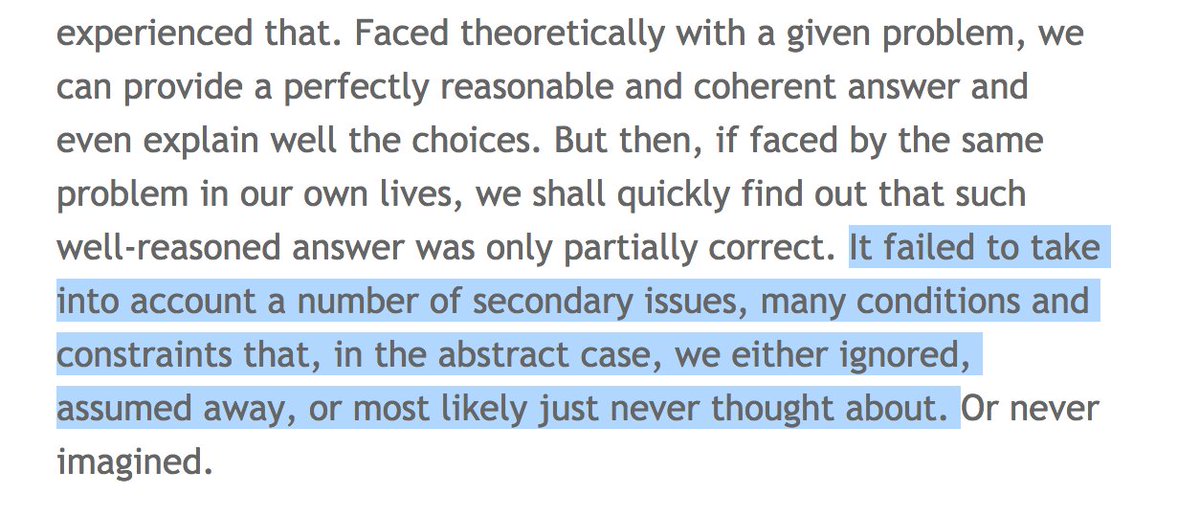Some thoughts on this @BrankoMilan piece from the perspective of a sociologist whose work is economics adjacent.
(I study income inequality & its sources, include rents; gender inequality in wages; higher education.) 1/6 https://twitter.com/BrankoMilan/status/1248706933483286528">https://twitter.com/BrankoMil...
(I study income inequality & its sources, include rents; gender inequality in wages; higher education.) 1/6 https://twitter.com/BrankoMilan/status/1248706933483286528">https://twitter.com/BrankoMil...
Maybe it& #39;s less about "exemplary" lives as "exemplary" methods and data sources. Fetishizing RCTs and natural experiments in search of the holy causal grail creates a certain narrowness, even sterility in the questions that can be answered and hence that are asked. 2/6
In macro work and econ work on inequality, same might be said about reliance on the limited set of indicators collected by administrative sources, where choices of indicators to collect are also result of social and political processes. 3/6
Mostly absent is much appreciation for qualitative or even descriptive quant research that would reveal subtleties and contingencies in human behavior in the wild. This Branko passage is revealing, not because it& #39;s wrong but because it seems so obvious, to a sociologist. 4/6
I& #39;m not saying sociology is perfect, by any means. All disciplines have blinders. And sociology& #39;s greatest strength - its "big tent" nature, methodologically, theoretically, and topically - is also one of its greatest weaknesses. (A topic for another thread.) 5/6
But concern about the "exemplary" personal lives of economists seems misplaced. And, perhaps ironically, it ignores the institutionalized reward structures and norms that constrain scholars to present themselves as their CVs, at least on the front stage. 6/6

 Read on Twitter
Read on Twitter


